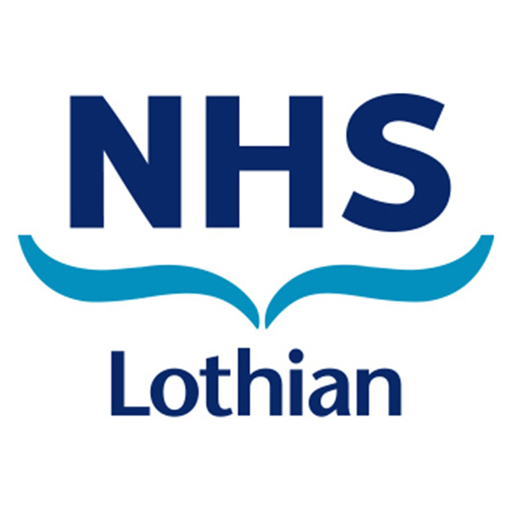If the maternal hypothyroidism is secondary to congenital aplasia or hypoplasia of the thyroid gland there should be no significant increased risk to the baby of hypothyroidism and Guthrie test is sufficient.
We are pleased to advise that deep linking capability, enabling users to directly download individual mobile toolkits, has now been released on the RDS mobile app. You will see that each toolkit has a small QR code icon in the header area beside the search icon – see screenshot below. Clicking on this icon will open up a window with a full-size QR code and the alternative of a short URL for sharing with users. Instructions are provided.

You may need to actively update to the latest release - RDS app version 4.7.1 - to see this improvement.
Updating to this latest version of the RDS app is also strongly recommended to get the full benefits of the new resilience arrangements – specifically, that if the RDS website should fail, you will still be able to download new mobile app toolkits. To check your current RDS version, click on the three dots bottom right of the RDS app screen. This takes you to a “More” page where you will see the version number. To install latest updates:
On iPhones – go to the Apple store, click on your profile icon top right, scroll down to see the apps waiting to be updated and update the RDS app.
On Android phones – these can vary, but try going to the Google Play store, click on your profile icon top right, click on “Manage apps and device”, select and update the RDS app.
Please get in touch with ann.wales3@nhs.scot with any questions.

If the maternal hypothyroidism is secondary to congenital aplasia or hypoplasia of the thyroid gland there should be no significant increased risk to the baby of hypothyroidism and Guthrie test is sufficient.
This can be secondary to:
In maternal thyrotoxicosis or history of maternal hyperthyroidism (i.e. previous treatment for hyperthyroidism, thyroidectomy for Graves’ Disease or radio-iodine treatment), all infants should be examined at birth for signs of thyrotoxicosis, including resting heart rate. All mothers should be told what signs and symptoms to look for i.e. irritability, excessive feeding, poor weight gain and should receive a parent information leaflet on ‘Symptoms of thyrotoxicosis in my baby.’